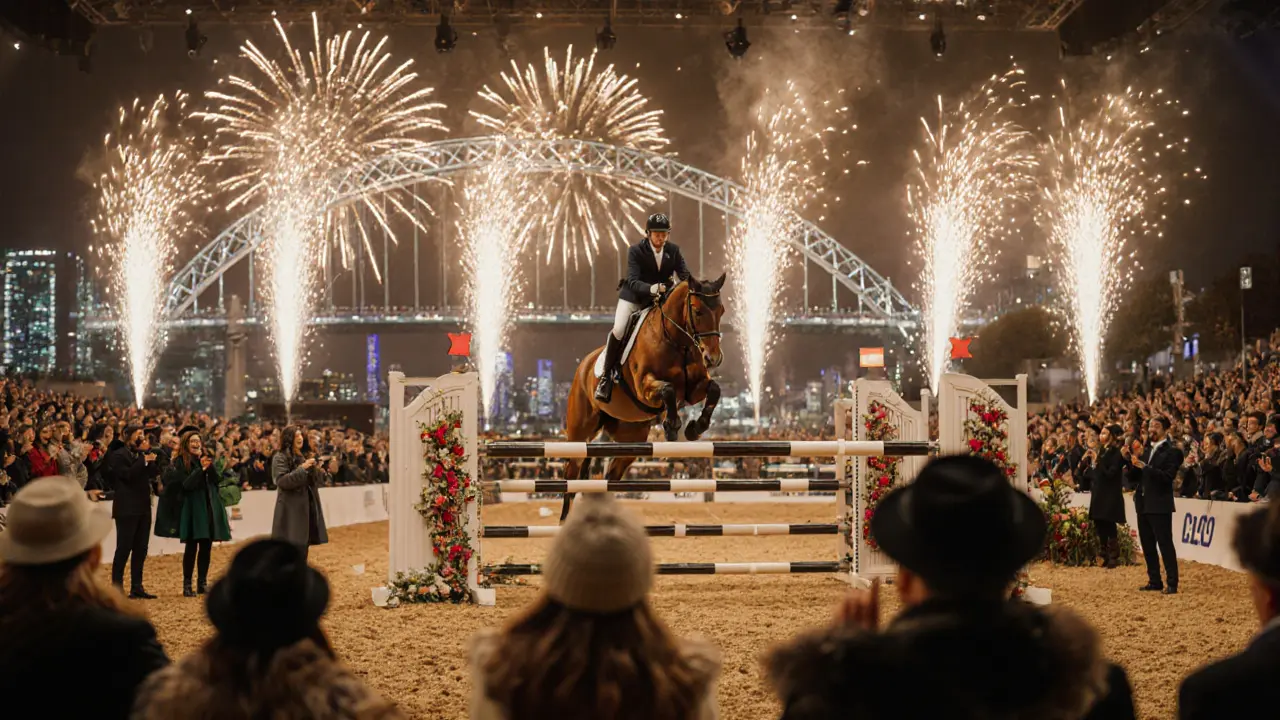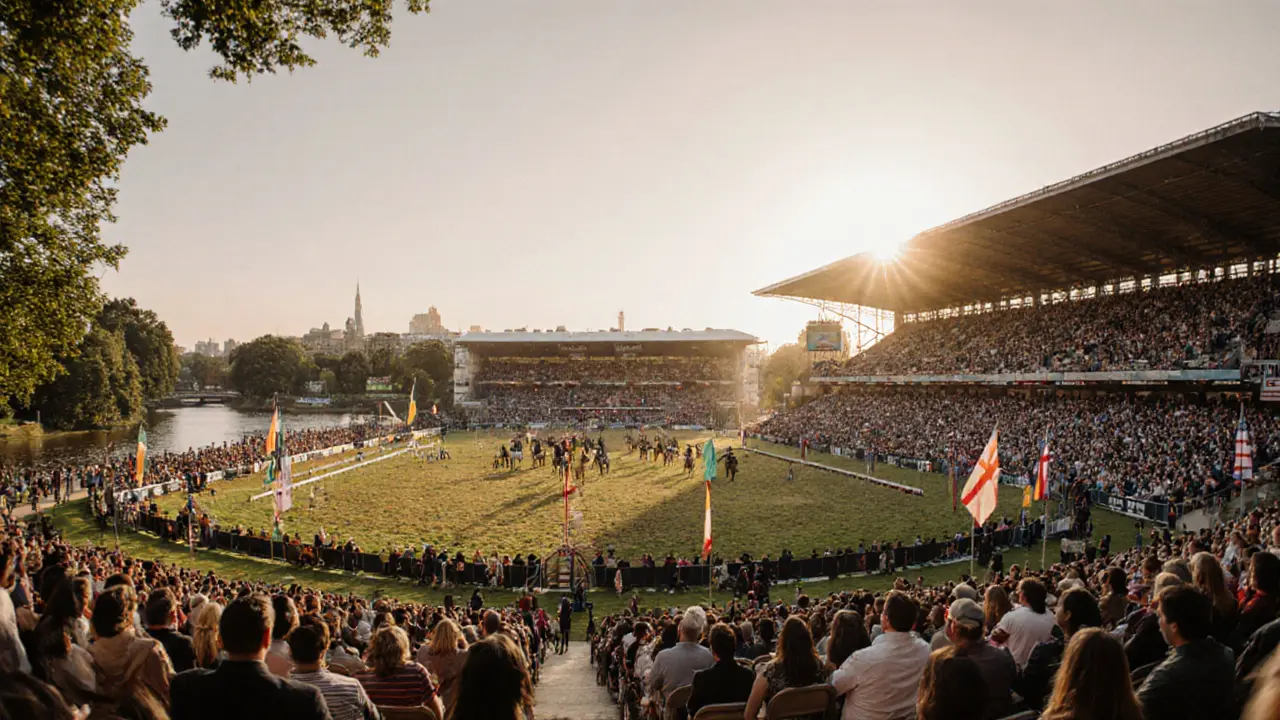Equestrian Events London: Your Complete Guide
When talking about equestrian events London, a vibrant mix of horse‑back competitions, social gatherings, and cultural showcases held across the capital. Also known as London horse events, these gatherings bring together riders, fans, and families for everything from high‑level sport to casual outdoor fun. Dressage competition, a precision‑driven test of horse and rider harmony and show jumping, a fast‑paced obstacle course that rewards speed and accuracy are the two core sub‑disciplines that shape the scene. The central topic encompasses these sub‑topics, requires skilled riders, and influences local tourism. As you read on, you’ll see how each event type connects to venues, training clubs, and audience experiences, forming a lively ecosystem that keeps London’s equestrian calendar fresh year after year.
Key Venues and Community Hubs
One of the most important anchors for equestrian events London is the London Equestrian Centre, a state‑of‑the‑art facility offering indoor arenas, outdoor paddocks, and professional coaching services. This centre not only hosts regular dressage and show‑jumping meets but also supports emerging talent through clinics and open days. Another iconic location is Royal Ascot, a historic race‑track that doubles as a premier venue for high‑society horse‑riding events, drawing crowds from around the globe and adding a dash of glamour to the city’s equestrian calendar. Smaller horse riding clubs scattered across neighborhoods, such as those in Battersea and Greenwich, also play a vital role by offering grassroots competitions and social rides that feed into larger city‑wide fixtures. Together, these venues create a layered network where world‑class spectacles sit alongside community gatherings, giving riders of all levels a place to showcase skills and spectators a range of experiences to enjoy.
The people behind the sport—professional riders, amateur enthusiasts, event organizers, and even local businesses—form the human backbone of the scene. Riders need years of training, access to quality horses, and a supportive community, while organizers coordinate logistics, safety protocols, and marketing to attract audiences. Local cafés, boutique shops, and transport links all benefit from the foot traffic that events generate, turning a simple ride into a boost for the city’s economy. As you explore the upcoming listings, you’ll find practical advice on ticketing, travel routes, dress codes, and how to make the most of each event, whether you’re planning to watch a dressage showdown at the centre or cheer on jumpers at a historic track. This collection of articles equips you with the knowledge to navigate the vibrant world of equestrian events London offers, turning curiosity into confident participation.
- Colton Whitlock
- November 17, 2025
- Comments 0
London’s Social Scene at the Lifestyle London International Horse Show
- Tabitha Greenwood
- October 25, 2025
- Comments 0


